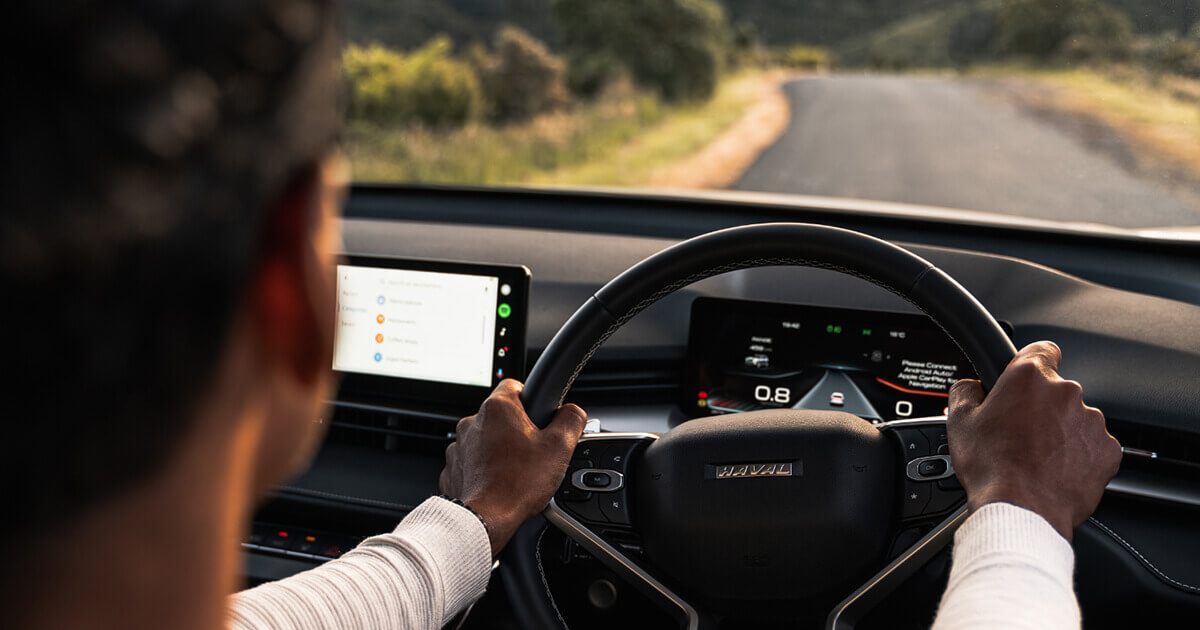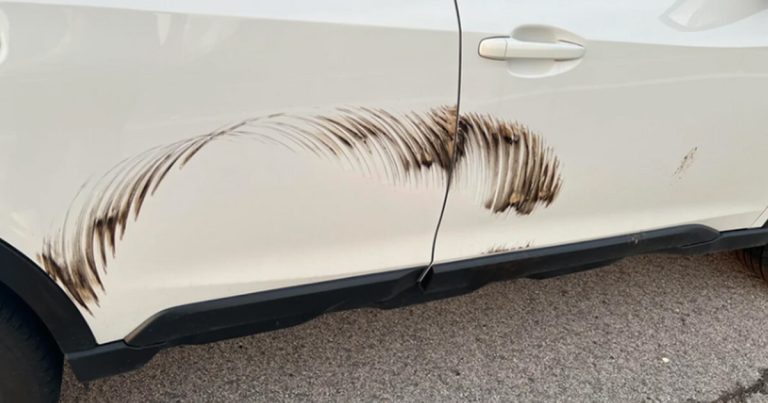If your car vibrates when idle in drive, you’re not alone. This is a common issue that many drivers encounter, and while it can be annoying, it often signals that something deeper is wrong. This guide explores the causes, symptoms, diagnosis, and prevention methods to help you understand and resolve the issue effectively.
Reasons Why Your Car Will Shake When Idling
Understanding the reasons why your car shakes when idling is the first step toward solving the problem. Here are the most common causes:
1. Worn or Broken Engine Mounts
Engine mounts secure the engine to the car frame and absorb vibration. If damaged, the engine’s natural movement may cause noticeable shaking.
2. Dirty or Faulty Spark Plugs
Spark plugs ignite the air-fuel mixture in your engine. If they are dirty or misfiring, the engine may run unevenly and vibrate while idling.
3. Vacuum Leaks
Leaks in the vacuum system can lead to unbalanced air-fuel mixtures, resulting in a rough idle and vibration.
4. Clogged Fuel Injectors
Fuel injectors spray fuel into the combustion chamber. If clogged, they disrupt the balance, causing uneven performance and vibrations.
5. Idle Speed Too Low
If the idle RPMs are set too low, the engine may struggle to maintain power, leading to vibration while idling.
6. Transmission Problems
Yes, the transmission can cause the car to shake. In automatic cars, a faulty torque converter or low transmission fluid can lead to noticeable vibration when in drive but not in neutral or park.
How to Diagnose Car Vibration
Before fixing the issue, it’s crucial to know how to diagnose car vibration properly. Here are steps you can follow:
1. Visual Inspection
Start by looking for visible wear or damage to engine mounts, belts, or hoses.
2. Use an OBD-II Scanner
This diagnostic tool reads engine codes, helping identify misfires, vacuum leaks, or faulty sensors.
3. Listen and Observe
Take note of whether the vibration occurs only in drive, or also in park and neutral. This can help isolate the issue.
4. Check RPM
If the RPM is below the manufacturer’s recommendation, the engine may vibrate at idle.
5. Consult a Mechanic
If the issue is hard to identify, a professional inspection may be necessary, especially for transmission-related problems.
How To Prevent Your Car Shaking When Idling
Once fixed, you’ll want to ensure the issue doesn’t come back. Here’s how to prevent your car shaking when idling:
1. Regular Maintenance
Stick to a regular service schedule including spark plug replacement, air filter changes, and fuel system cleaning.
2. Use Quality Fuel and Oil
Low-grade fuel can cause incomplete combustion, leading to vibration.
3. Inspect Belts and Mounts
Check engine mounts and accessory belts for wear and tear. Replace them before they fail.
4. Transmission Service
Keep your transmission fluid clean and topped up. Schedule regular transmission checkups.
5. Avoid Excessive Idling
Modern engines are not designed for prolonged idling. Try not to stay in drive while stationary for too long.
Can the Transmission Cause the Car to Shake?
Yes, the transmission can cause the car to shake when idle in drive. Here’s how:
1. Worn Torque Converter
This part connects the engine to the transmission in automatic vehicles. A worn or damaged torque converter can cause vibration.
2. Low or Dirty Transmission Fluid
Fluid that is old or insufficient can reduce lubrication and pressure, leading to erratic operation and shaking.
3. Transmission Mount Issues
If the transmission mount is loose or broken, it can cause abnormal vibration under load. If these are suspected causes, a mechanic should inspect the transmission immediately.
Final Thoughts
If your car vibrates when idle in drive, don’t ignore it. It might be a simple fix, like spark plug replacement, or something more serious involving the transmission. Knowing the reasons why your car will shake when idle, learning how to diagnose car vibration, and taking steps to prevent your car from shaking when idling can save you time and money.




